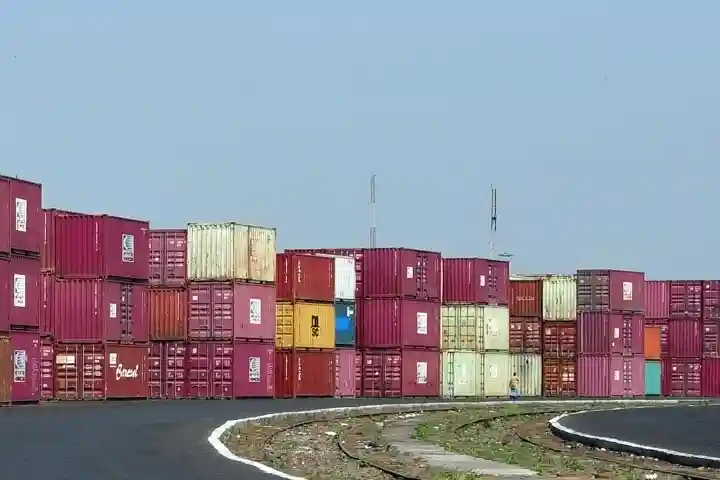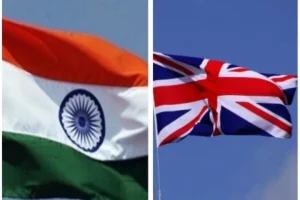Several issues including a host of non trade ones such as labour, intellectual property rights and environment could become a stumbling block in the ongoing negotiations for the proposed free trade agreement (FTA) between India and the UK. Sources said that the deal may take longer to finalise if these issues are not resolved. “Until now there has been little progress on these,” one of them said. Though various reports have suggested that the two countries are aiming to freeze the pact by March next year, sources said that the deal should not be a hurried affair even as they missed the Diwali deadline.
While the Commerce Ministry is keen on inking the FTAs not just with the UK but also with the European Union, the Gulf Cooperation Countries (GCC) among others, the agreements will pass through only if they provide a win-win scenario for both signatories, they added.
Earlier, Prime Minister Narendra Modi and his British counterpart Rishi Sunak spoke on the issue and called for finalising the trade agreement.
“There are several issues which need to be ironed out for the agreement. India must not rush into signing the deal. There cannot be any compromise and New Delhi must look at resolving each issue appropriately before finalising the deal,” Ashwani Mahajan, national co-convenor of Swadeshi Jagran Manch told India Narrative. Mahajan added that amid rapidly shifting geopolitical contours, India must weigh all pros and cons before it enters into any such agreement.
The UK’s Department for International Trade in its study said that an FTA with India needs to work for the UK. “We have been clear that any trade agreement with India must work for UK consumers, producers, and businesses. We remain committed to upholding our high environmental, labour, food safety and animal welfare standards in our trade agreement with India,” it said.
The UK will be keen to ink trade pacts after it walked out of the EU. “It’s not India’s problem. It’s a UK problem. Basically, India is in the driving seat. India is going to be the UK’s solution. UK is not going to be India’s solution,” Meghnad Desai, who is Emeritus Professor of Economics at the London School of Economics and Political Science, told Business Today earlier.
India has also resumed FTA negotiations with the EU.
Meanwhile India, which exited the China-dominated Regional Comprehensive Economic Partnership (RCEP), saying that the agreement would be detrimental to the Indian manufacturing sector as it would have to face stiff competition with a surge in imported goods.
While in the past, India entered into several free trade agreements, including one with the ASEAN (Association of Southeast Asian Nations) block, the deals have not been successful from India’s point of view with increased imports.
Also read: Indian envoy calls for early free trade deal with Bangladesh to push growth



















